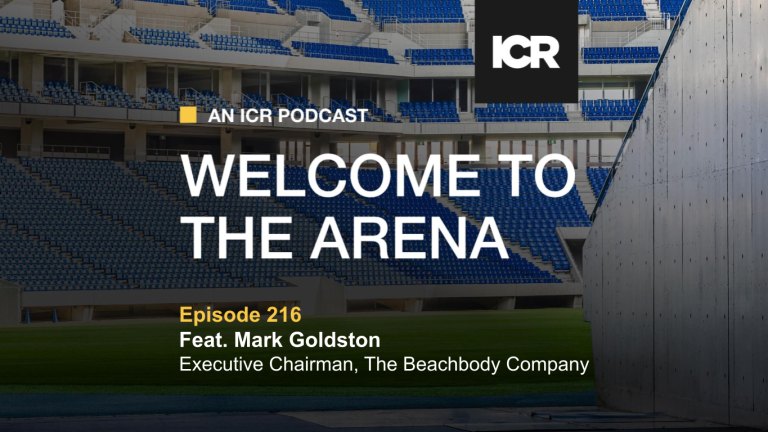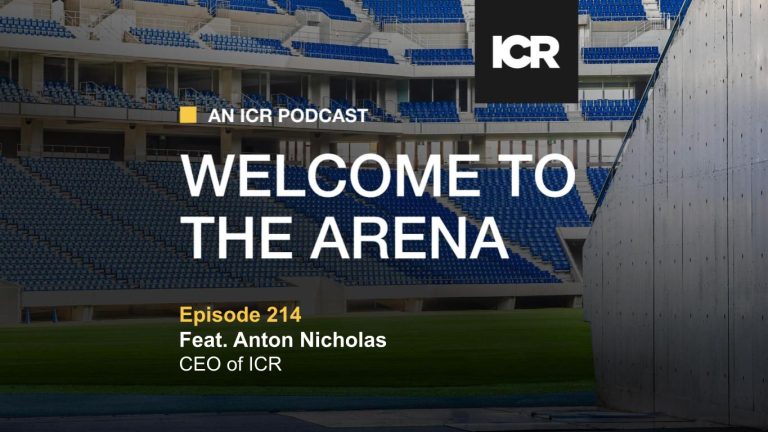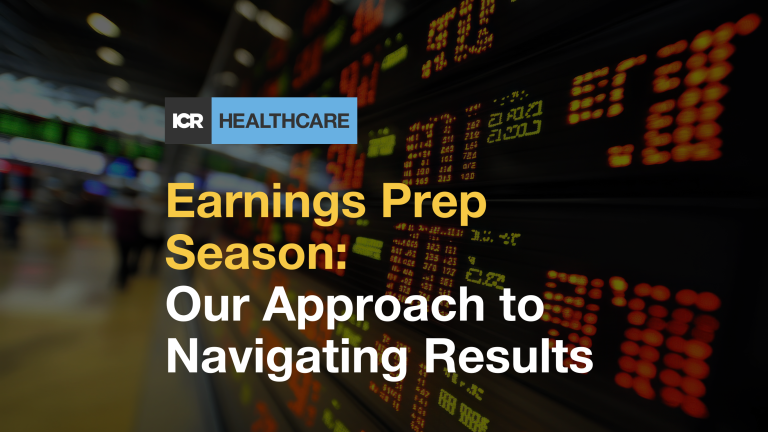Last week, the Consilium team attended the 2022 Cell & Gene Meeting on the Med hosted by our client the Alliance for Regenerative Medicine (ARM), the leading international advocacy organisation dedicated to realising the promise of regenerative medicines and advanced therapies.
The conference, which returned in a hybrid in person format, was attended by over 650 leaders from the cell and gene therapy sector. The packed schedule comprised several plenary sessions, workshops as well as partnering meetings, as the global advanced therapies sector descended on Barcelona to discuss the challenges and opportunities that are currently being faced by the sector.
With six new advanced therapy medicinal products (ATMPs) approved globally in 2021, and the FDA and EMA each projecting that they will approve between 10-20 ATMPs every year starting in 2025, central to many conversations was how to ensure access to these durable, transformative and potentially curative therapies, as well how they will be paid for in the coming years. There is no doubt about their beneficial impact to patients and society. This is evident with the performance to date of Kymriah, which has shown efficacy for over 10 years, Luxturna, which has shown improvement in sight for patients who had vision loss, and Zolgensma which has improved the quality of life of patients with Spinal Muscular Atrophy. However, these are all products from the Novartis stable which has considerable marketing force and can be considered an outlier in the market that has been able to successfully commercialise ATMPs globally, including in Europe.
At the conference, we heard from members of the European Commission, the European Medicines Agency and a Member of the European Parliament, as well as many companies, and all were aligned about the opportunity and importance of the pharmaceutical legislation for Europe, which is currently being revised for the first time in 20 years. ARM, the global voice of the ATMP sector, has been advocating around several areas that will create an eco-system for patients and its members that will help to improve Europe’s competitiveness as an attractive destination to develop and commercialise ATMPs. In the opening remarks of the conference, Janet Lynch Lambert, the recently announced departing CEO of ARM, said that it was focused on ensuring, “that Europe continues to present a robust ecosystem that encourages investment, scientific research, and commercialization of advanced therapies.” To achieve this, ARM, and many of those attending felt that key challenges that need to be addressed included: advancing innovative payment models; ensuring no carve outs that could lead to a two-tiered regulatory system; promoting real-world evidence via a European Health Data Space; ensuring the new European joint clinical assessment is fit-for-purposed for ATMPs; advocating cross border healthcare access; and securing a permanent derogation of genetically modified organisms requirements for ATMPs. The sentiment at the conference was positive about the European Commission understanding the significance of these policy initiatives, however, only time will tell if this once-in-a-generation opportunity is taken to strengthen and secure the competitiveness of Europe as a continuing destination for ATMPs.
The manufacturing of viral vectors was also a hot topic and it was interesting to hear from companies that are working this area, including our client Oxford Biomedica. Recently, Oxford Biomedica acquired Homology Medicines in Boston, US, which expanded their expertise from the development and manufacture of lentiviral vectors and adeno viruses to adeno-associated viruses, making them vector agnostic and able to serve this burgeoning market. Manufacturing bottlenecks are a well know concern in the ATMP sector, however, the volume of tools and services companies that are now looking to provide the picks and shovels for this sector, gives confidence that these concerns will be resolved in the coming years.
Investment trends in the current challenging financial markets were also widely discussed. After record years of fundraising by the sector and the resultant plethora of listings on NASDAQ, we have seen the pace slow down following the market turn. During the panel on the investment climate, there were several comments that the market may have believed its own hype and that we would now see a return to investment fundamentals and the truly valuable science being rewarded. Dmitry Kuzmin, Managing Partner 4biocapital, added that the biotech sector was well capitalised and so “executed right, biotech-to-biotech partnering” would be a very strong proposition in this market. Even within these markets, it’s clear that highly innovative and differentiated science will continue to attract investment. At the conference the ability to target areas such as Type 1 Diabetes and other more prevalent diseases, as well as the doors that gene editing could open in the future, left attendees with high hopes for the future of the sector.
The ATMP sector continues to innovate and challenge the basic assumptions of how healthcare will be administered in the future. At Consilium, we are highly excited by the cell and gene sector, and if you would like to find out more about how we could support you with your communications, please get in contact.
If you are interested in hearing any of the panels or company presentation from the Meeting on the Med 2022: please follow this link to register: https://arm.6connex.com/event/ARMMEETING/MED22/login



